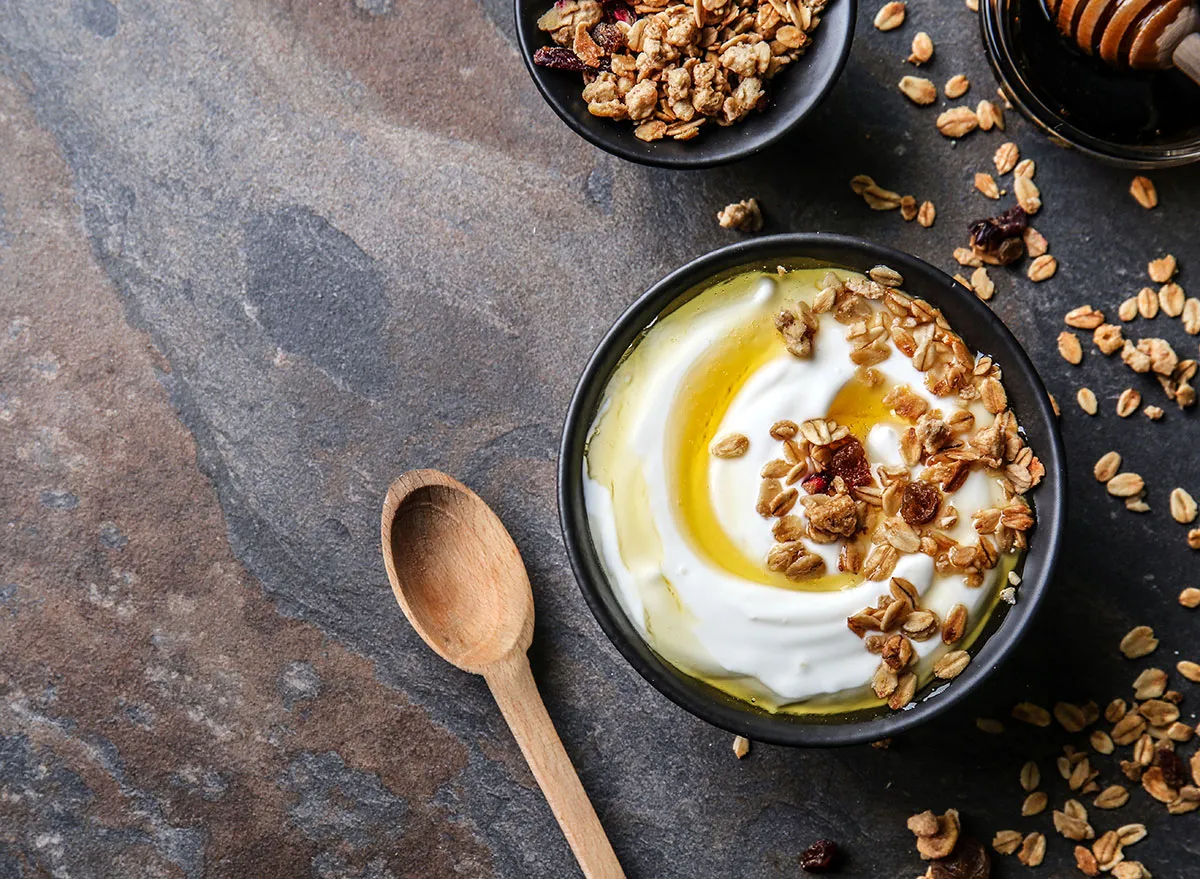Does the Fountain of Youth reside in your gut?
Since previous studies have indicated a link between gastrointestinal microbiota—the trillions of microorganisms that live in the digestive tract—and brain health, researchers from the University College Cork in Ireland decided to explore if this association could have an effect on an aging brain.
Professors conducted fecal microbiota transplantation (using the "good" gut bacteria) from either young (3 to 4 months of age) or old (19 to 20 months) mice into old mice. After performing brain scans and tests (such as the classic rodent maze), the authors found that the mice who received the "adolescent" microbiome displayed fewer signs of anxiety—a classic symptom of Alzheimer's disease—along with improved memory and cognitive function.
In fact, the scans revealed that their brains contained certain molecules and gene patterns that mimicked the brain of a young mouse. These latest findings were published in the journal Nature Aging.
"This new research is a potential game-changer, as we have established that the microbiome can be harnessed to reverse age-related brain deterioration," said John F. Cryan, professor and vice president for research and innovation at the University College Cork, in a press release.
While he added that this discovery is still in its "early days," a colleague and director of the research center stated, "The study opens up possibilities in the future to modulate gut microbiota as a therapeutic target to influence brain health."

According to the Alzheimer's Association, more than six million Americans are suffering from this progressive brain disease that causes a slow decline in memory, thinking, and reasoning skills. The number of adults living with Alzheimer's, which is the most common type of dementia, doubles every five years beyond age 65, states the Centers for Disease Control and Prevention.
"It [this current study from Ireland] adds to the body of evidence that there are significant interactions between the gut microbiome and the brain probably mediated by our immune system," says Douglas Scharre, MD, a neurologist, and director of the division of Cognitive Neurology at Ohio State Wexner Medical Center. "I agree that much more research is necessary."
Sunitha Posina, MD, a board-certified internist from New York City, believes this latest research sounds promising. "It would be ground-breaking if this could be replicated in humans," she continues. "This is very good news."
She concurs with Scharre, as well as the investigators, that "larger studies and more longitudinal studies" need to be conducted in order to establish a direct relationship. "Regardless, I don't see any harm in improving our gut microbiome through diet and lifestyle as they are beneficial for our well-being and not just the brain," says Posina.

A number of foods contain probiotics or live bacterial cultures that benefit the gastrointestinal tract. Two types of live microorganisms, Lactobacillus or Streptococcus, are added into pasteurized milk to make yogurt, making it one of the most popular probiotic-rich, fermented foods, according to the National Institutes of Health. Other members of the gut flora-friendly and fermented foods family include pickles, sauerkraut, miso, kombucha, kefir, kimchi, sourdough bread, and apple cider vinegar.
Also, you can feed your gut flora by tossing more prebiotic-rich foods—foods that have been shown to enhance the "probiotic effect" in the small intestine and the colon, according to a study published in the journal Nutrients—onto your plate, such as tomatoes, artichokes, bananas, asparagus, berries, garlic, onions, chicory, green vegetables, legumes, oats, linseed, barley, and wheat.
No comments:
Post a Comment